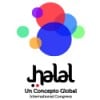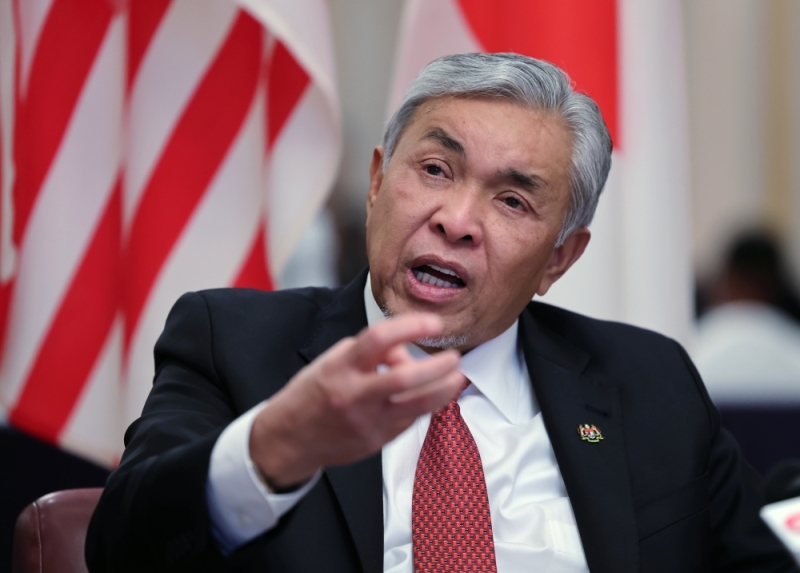The importance of standardization is due to the increasing interest in Halal products and services at worldwide
 Cordoba, SPAIN – The importance of standardization in Halal certifications is outlined as one of the most important panels of the first Halal International Congress to be held in Spain, said on Monday the organizers of “Halal, a Global Concept”.
Cordoba, SPAIN – The importance of standardization in Halal certifications is outlined as one of the most important panels of the first Halal International Congress to be held in Spain, said on Monday the organizers of “Halal, a Global Concept”.
Among the various round tables, conferences and workshops to be held from 24 to 26 March in Cordoba, Spanish Halal city per excellence, “International Standardization” highlights his importance in the industrial and Halal business sector. Global consumers are also showing a growing interest on those products and services.
The term Halal refers to the practices, services and healthy products allowed to the Muslims, while the certification refers to the action of an independent entity from the interested parties. This action “express that an organization, product, process or service meet the requirements defined in standards or technical specifications”, as defined by the Spanish Association for Standardization and Certification (AENOR) on its website. Halal normalization includes scientific and technical requirements among religious, being Halal an Islam precept.
The First Halal International Congress in Spain, will be attended by Dr. Lukman Hakim, President of the World Halal Food Council (WHFC), the biggest and prestigious international association that promotes the possibility of a global Halal regulation. The association is also integrated, among others, by the Instituto Halal (Spanish Halal Institute) dependent on the Spanish Islam Authority (Junta Islámica), and ” Halal MUI “, and Indonesian accreditation and certification entity.
The International Standardization Panel of Halal Market, will be introduced and moderated by Saim Kayadibi, Associate Professor at the International Islamic University of Malaysia (IIUM) and President of the European Halal Standardization Technical Committee (CEN), among other charges. The speakers will address the different experiences of standardization that are being carried out in different geographical areas. It also features the unification of positions in international standardization.
Amir Sakic, general manager of the Agency for the Certification Halal of Bosnia – Herzergovina, will expose on his part the similarities and differences in the process of the Organization of Islamic Cooperation (OIC) and Halal standards of the European Union (EU). “The ultimate aim of these two international Halal standards should be the development of Halal standards that contain the (harmonized) requirements, with the aim to satisfy the consumers demands and allow the fluency of international Halal trade “, indicates the manager.
On the institutional side, Abdelrrahim Taibi, CEO of the Moroccan Institute for Standardization (IMANOR) emphasizes how, since the implantation two years ago of the brand Morocco Halal, 33 companies already enjoy the use of this brand and 20 more are on their way. “The brand includes several categories of products, such as oils, fish, spices, aromas, yeast, olives, bread, creams, shampoos or soaps “, details Taibi, barely one month before the appointment,
The closure shall be borne by Elena Ordozgoiti, Head of AENOR Agribusiness and Services department, who will underline the Spanish experience in the creation of the first Halal regulation to ensure that Halal food chain meets the defined aspects. An example is the Technical Standards
Committee AEN / CTN 308 that currently debates the European regulation about food chain, with a range spanning from primary production to final consumer.
The First Halal International Congress in Spain, organized by the Instituto Halal, will highlight Córdoba as the Halal food, tourism and finance capital for the next years.
- Panel: International Standardization in Halal Market
- Date: March 24th 2015
- Time: 11:30 a.m to 01 p.m
- Venue: Rectorado building at Córdoba University
- Details: hgc2015.com
- Program: Conference Program
- Speakers



